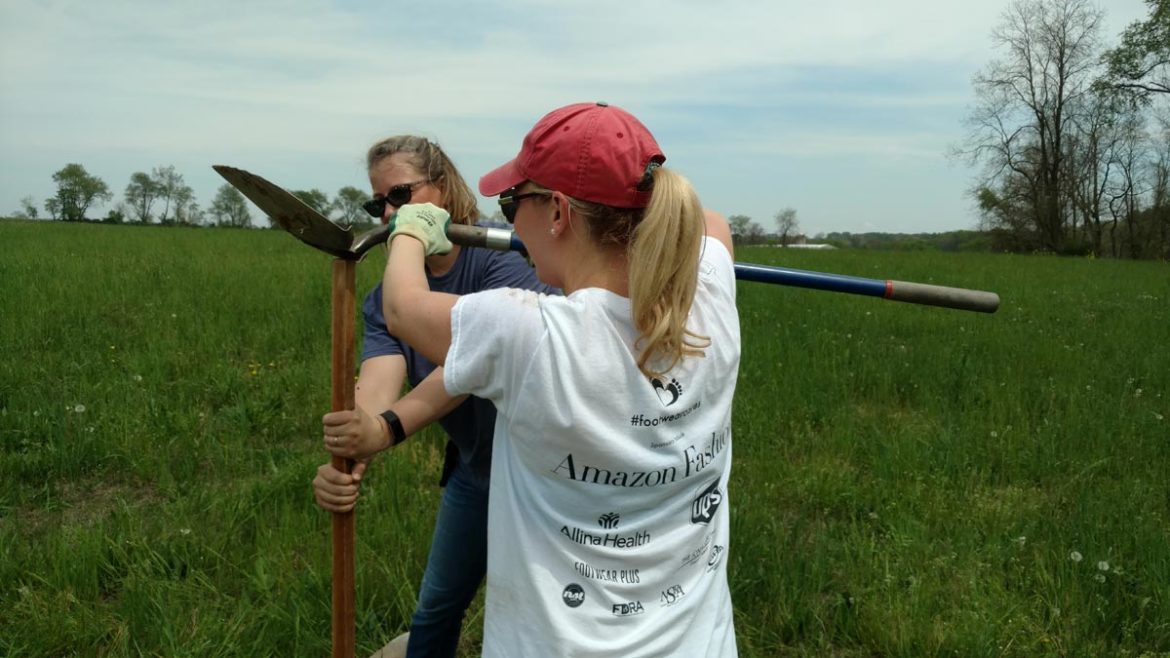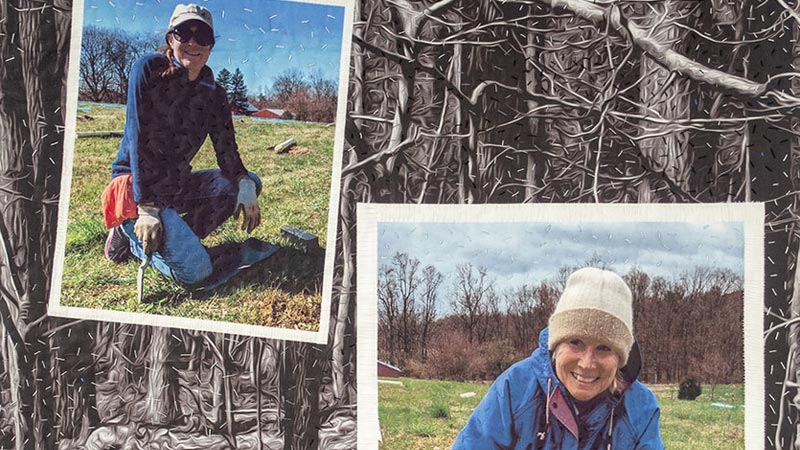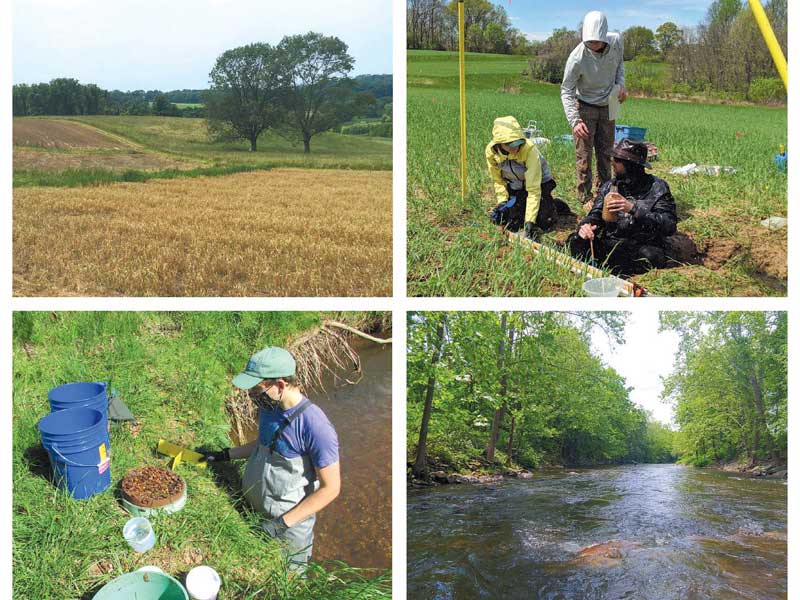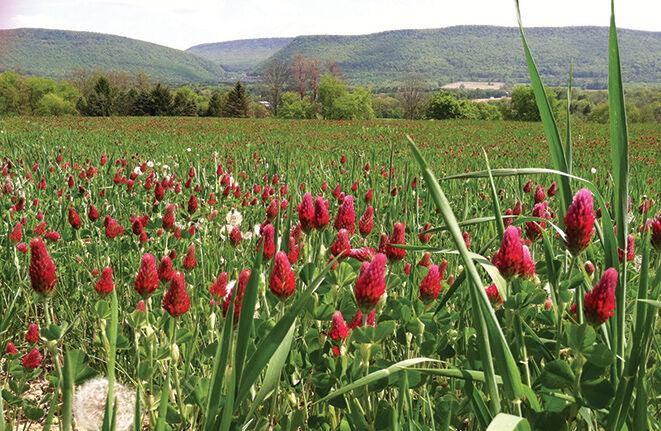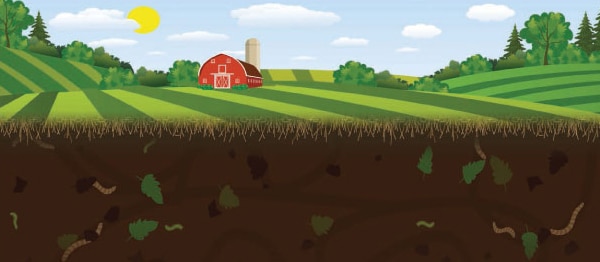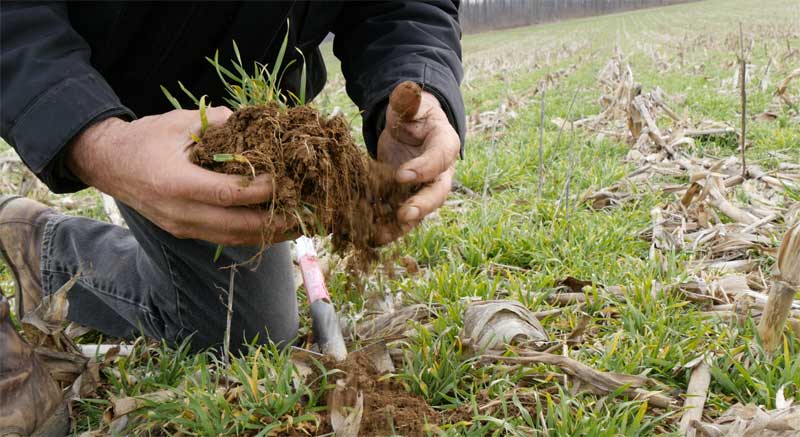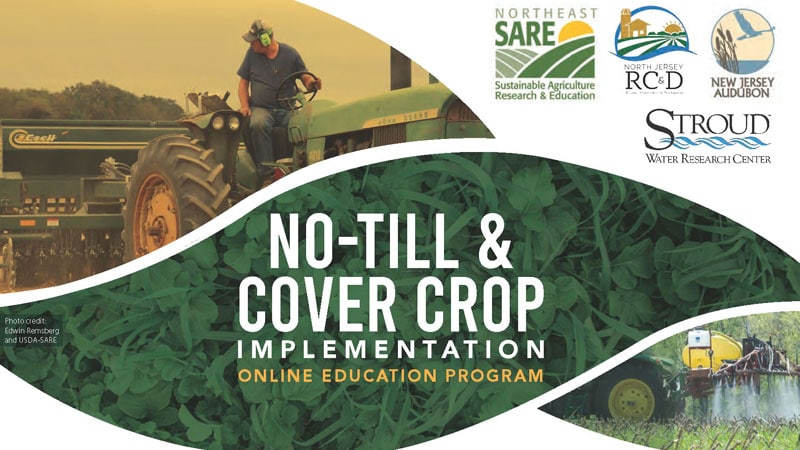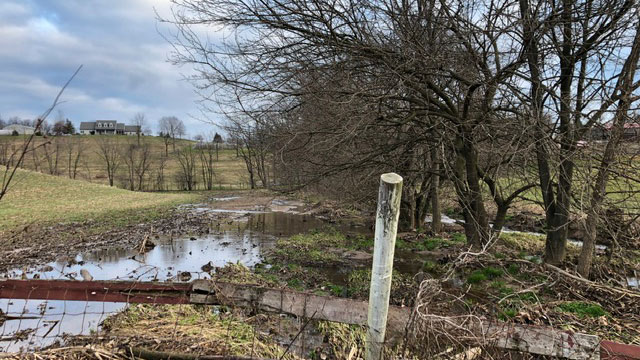Volunteer Tree Planting
https://stroudcenter.org/wp-content/uploads/tree-planting-setting-stake-1024x576.jpg 1024 576 Stroud Water Research Center Stroud Water Research Center https://stroudcenter.org/wp-content/uploads/tree-planting-setting-stake-1024x576.jpgWe will be planting approximately 2.75 acres with 675 trees on a primary tributary of Doe Run Creek. This planting will also serve as a research site as we will be collecting data on the growth rate of trees in two different types of tree tubes.

